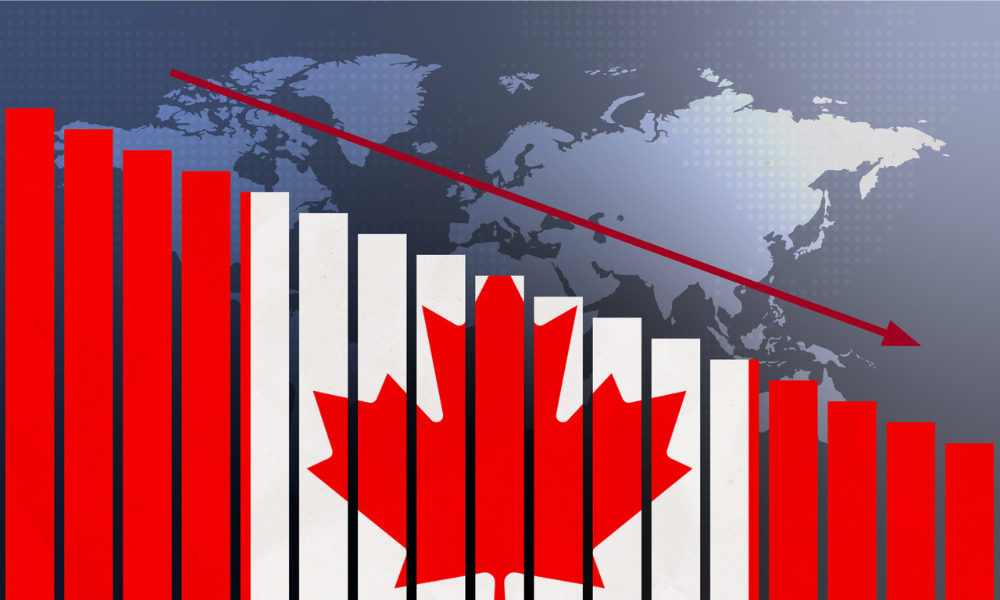Mortgage interest and rent payments remain a huge contributor to annual price growth

Canada’s inflation rate ticked down slightly in September, falling to 3.8% compared with a 4% reading the previous month.
Statistics Canada said on Tuesday that the broad-based deceleration had been driven mainly by lower grocery prices and costs of durable goods and travel-related services – although the price of gasoline surged, spiking by 7.5% last month.
Mortgage interest and rent costs were by far the biggest contributors to the 12-month change in the consumer price index (CPI). The cost of servicing a mortgage compared with the previous September rose by 30.6%, with rent increasing at a yearly rate of 7.3%.
During a Monday speech at Mortgage Professionals Canada’s (MPC’s) national conference, Canadian Imperial Bank of Commerce (CIBC) deputy chief economist Benjamin Tal reiterated his view that price growth related to mortgage interest and rent payments are actually disinflationary, serving to curb consumers’ spending appetite.
Without factoring in huge year-over-year mortgage payment increases, Tal argued, the Bank of Canada is much closer to hitting its 2% inflation target than recent figures indicate.
Other factors behind September’s inflation reading
While annual grocery price growth for the month slowed compared with August, it remained well above headline inflation, coming in at 5.8%. The cost of air transportation, meanwhile, plunged by 21.1% on a yearly basis, a trend that StatCan said coincided with a “gradual increase in flights” offered by airlines during the prior 12 months.
September’s big jump in gasoline costs, meanwhile, was caused principally by a base-year effect, according to StatCan, with an increase in the global supply of crude oil having resulted in a sizeable drop (7.4%) in gas prices during the same month last year.



